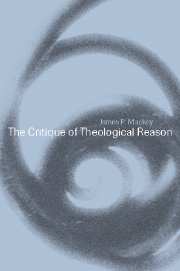Chapter 2 - The status quo: current affairs
Published online by Cambridge University Press: 22 September 2009
Summary
‘“Mind” and “reality” have for too long been four-letter words in philosophy,’ complained the colourful Umberto Eco in a newspaper interview. ‘Serious philosophers were thus forced to engage in selfcontained, system-oriented approaches that had no need of these concepts. But’, he immediately went on to assure us, ‘a recent cognitive revolution is now changing things for the better.’ It is of course that latter prospect that this essay hopes to investigate; perhaps even to contribute in some small way to it. But it is necessary, before it can be made good, to gain further insight into the nature and extent of that loss. Mind and reality gone missing from recent philosophy? One is tempted to paraphrase Oscar Wilde: to lose one of this primordial pair, to lose one's mind, might be passed off as a tragedy of sorts; to lose both, to lose reality as well, must surely raise the charge of carelessness.
From the brief preceding investigation of the modern origins of contemporary philosophy the surviving features which came to comprise the current mind-scape, or rather mindless-scape, can be clearly seen. The attack by Marx upon such priority of mind in the account of reality as would, in his view of Hegel, reduce non-mental reality to at best a transient phase in the history of being, gradually gave rise amongst his self-proclaimed successors to the view of reality as an evolutionary, indeed historical, process without a subject.
- Type
- Chapter
- Information
- The Critique of Theological Reason , pp. 52 - 119Publisher: Cambridge University PressPrint publication year: 2000
- 1
- Cited by

